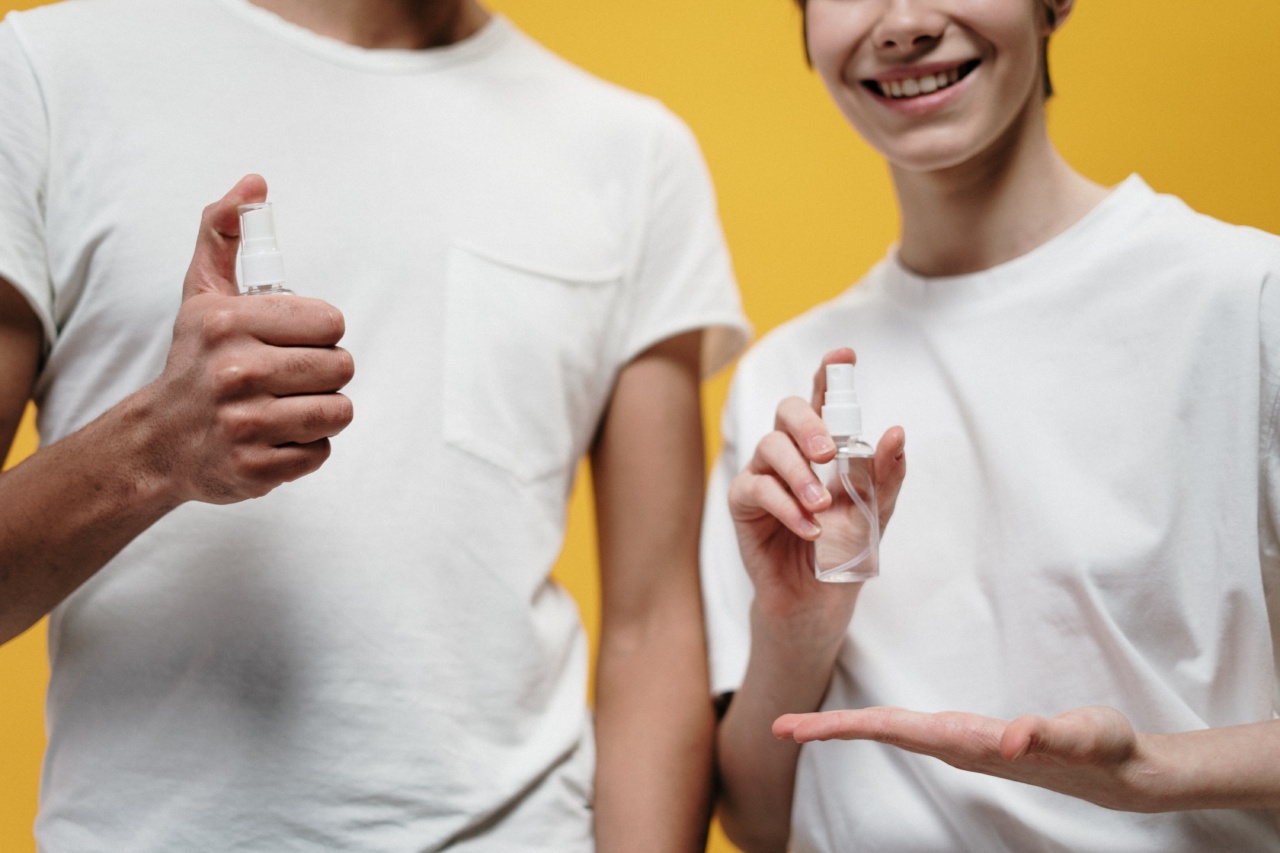Alcohol consumption has been a topic of concern when it comes to fertility in women. It is well-known that excessive alcohol intake can have detrimental effects on various aspects of health, including reproductive health.
However, the impact of moderate alcohol consumption on fertility in women is still a subject of debate.
The Effects of Alcohol on Female Fertility
Heavy and prolonged alcohol consumption can disrupt the normal menstrual cycle and ovulation process in women. It can also increase the risk of conditions such as infertility, menstrual disorders, and early menopause.
Studies have shown that excessive alcohol consumption can negatively affect the quality of eggs and sperm, making conception more difficult.
Safe Consumption Limits for Women
The general consensus among health professionals is that women trying to conceive should limit their alcohol intake or completely avoid it. However, defining “moderate” alcohol consumption for women can be subjective.
It is important to note that there is no known safe amount of alcohol during pregnancy, as it can lead to fetal alcohol syndrome and other birth defects.
Factors to Consider
Several factors can influence how alcohol affects fertility in women, including age, overall health, and individual differences in alcohol metabolism. It is crucial to assess these factors before determining safe consumption limits.
Age and Fertility
Age plays a critical role in a woman’s fertility. As women age, their fertility naturally declines. Alcohol can further decrease fertility in older women by interfering with hormone levels and increasing the risk of genetic abnormalities in eggs.
Overall Health
Women with underlying health conditions such as polycystic ovary syndrome (PCOS) or endometriosis may be more susceptible to the negative effects of alcohol on fertility.
It is advisable to consult with a healthcare professional to assess individual risks and receive personalized recommendations.
Alcohol Metabolism
The way a woman’s body metabolizes alcohol can also impact its effects on fertility. Some individuals have a genetic predisposition that affects how their body processes alcohol.
This can influence the level of alcohol in the bloodstream and increase the potential harm it may cause to reproductive health.
Key Considerations for Women Trying to Conceive
While experts suggest avoiding alcohol altogether when trying to conceive, women who choose to consume alcohol should consider the following:.
1. Moderation is Key
If a woman decides to consume alcohol, it is crucial to do so in moderation. It is generally recommended to have no more than one standard drink per day.
One standard drink in the United States contains approximately 14 grams of pure alcohol, which is equivalent to a 12-ounce beer, 5 ounces of wine, or 1.5 ounces of distilled spirits.
2. Timing
It is advisable to avoid alcohol during the fertile window, which is usually a few days before and after ovulation.
During this time, the chances of conception are highest, and alcohol consumption may interfere with the fertilization and implantation process.
3. Preconception Planning
Women who are actively trying to conceive should strive for optimal health by maintaining a balanced diet, exercising regularly, and avoiding harmful substances such as tobacco and recreational drugs.
Implementing these healthy habits can enhance fertility and overall reproductive health.
Effects of Alcohol During Pregnancy
Once a woman becomes pregnant, it is crucial to immediately cease alcohol consumption. Alcohol crosses the placenta and can harm the developing fetus, potentially causing fetal alcohol syndrome (FAS) and other complications.
It is recommended to abstain from alcohol throughout pregnancy to ensure the best possible outcome for both mother and baby.
Seeking Professional Guidance
Every woman’s body is unique, and each fertility journey is different.
It is essential to consult with a healthcare professional, such as a gynecologist or fertility specialist, who can provide personalized advice and recommendations based on individual circumstances.
Conclusion
Alcohol consumption and fertility in women are closely connected. While there is no definitive safe level of alcohol consumption during pregnancy, individuals who are trying to conceive should consider limiting or avoiding alcohol altogether.
It is vital to prioritize reproductive health and seek professional guidance to make informed decisions that support overall well-being.































